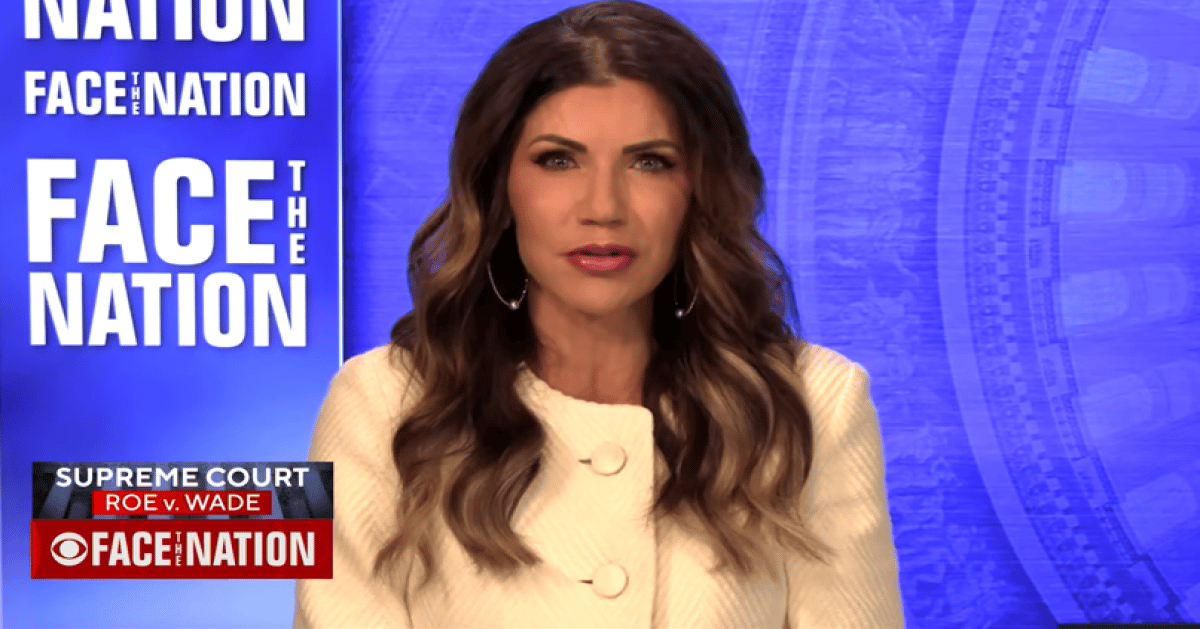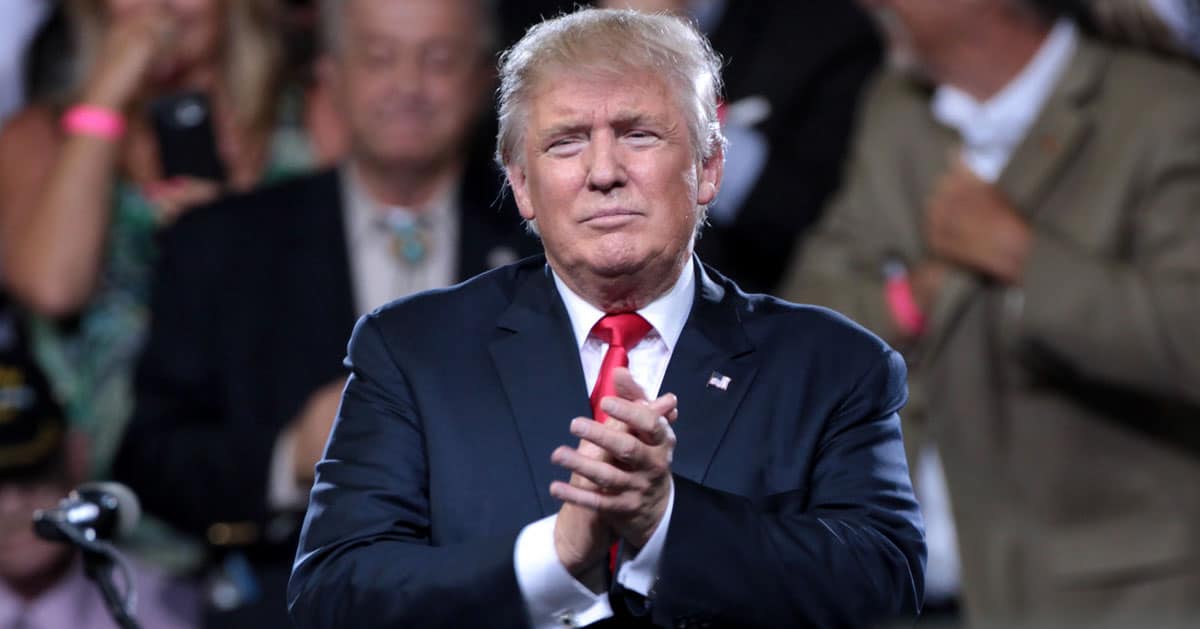





The Trump administration is pushing the Supreme Court to uphold a policy that would mandate transgender and nonbinary individuals to list their sex as male or female based solely on their birth certificates.
The crux of this story is a clash between a new executive order and a lower court ruling that allows an "X" gender marker on passports for those who don’t identify as strictly male or female.
Breitbart reported that for over three decades, the State Department allowed individuals to update their sex designation on passports without much fuss.
That flexibility paved the way for policies under the Biden administration in 2022, which introduced the "X" option as a gender-neutral choice alongside the traditional "M" or "F." Conservatives argue this shift veered too far into ideological territory, prioritizing feelings over facts.
Fast forward to January 20, 2025, when President Trump signed an executive order directing the federal government to recognize only male or female designations based on what he calls an individual’s immutable biological classification. The order explicitly instructed the State Department to align official documents, including passports, with this binary standard.
This wasn’t just a memo—it was a direct challenge to the progressive push for gender fluidity in government records.
Critics of the order might call it rigid, but supporters see it as a necessary correction to policies that muddied the waters of biological reality. After all, isn’t a passport supposed to reflect undeniable truths for international clarity?
However, a federal judge in Massachusetts threw a wrench in the works by ruling that the State Department must issue passports reflecting the gender designation chosen by transgender and nonbinary applicants.
The 1st Circuit Court of Appeals refused to block this decision while the case progresses, leaving the administration with no choice but to escalate the fight to the Supreme Court.
On a recent Friday, the Trump administration formally requested the Supreme Court to step in and allow enforcement of its passport policy. The Justice Department has been vocal in its appeal, arguing against the lower court’s order that permits the "X" marker.
Justice Department lawyers stated, “Private citizens cannot force the government to use inaccurate sex designations on identification documents.”
They’re doubling down, insisting that passports—government property—shouldn’t be pawns in a cultural tug-of-war, especially when they’re tools for diplomatic communication. But let’s be real: isn’t this also about the government refusing to play along with a progressive redefinition of basic terms?
The other side, of course, sees this as a matter of personal dignity. While empathy for individual struggles is warranted, conservatives might argue that official documents aren’t the place for personal expression—they’re for precision in a world that often demands clear categories.
This legal showdown isn’t just about passports; it’s a microcosm of the broader cultural debate over gender and identity. The Biden-era policy of offering an "X" marker was hailed as inclusive, but to many on the right, it symbolized a slippery slope toward erasing biological distinctions altogether.
Trump’s executive order, by contrast, is viewed by supporters as a firm stand for clarity and tradition. It’s not about denying anyone’s humanity—it’s about ensuring that government records don’t become a battleground for ideological experiments.
Yet, the lower court rulings in Massachusetts highlight a persistent pushback from those who believe self-identification should trump all else. While their perspective deserves a fair hearing, one wonders if such rulings risk undermining the very purpose of standardized identification. Shouldn’t a passport be a universal truth, not a personal statement?
As the Supreme Court considers this appeal, the outcome could set a precedent for how far the government must bend to accommodate evolving social norms.
For conservatives, a favorable ruling would be a win for grounding policy in biological reality over subjective identity.



